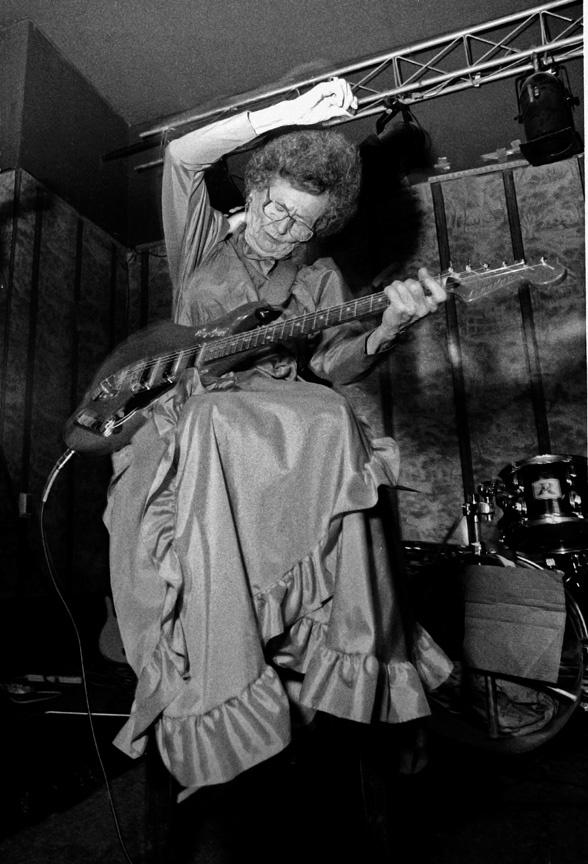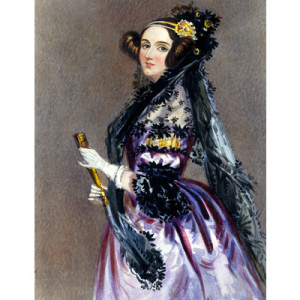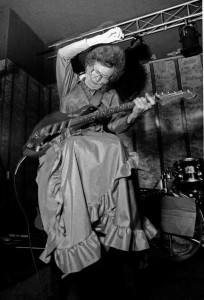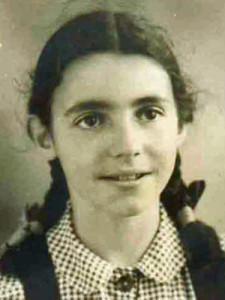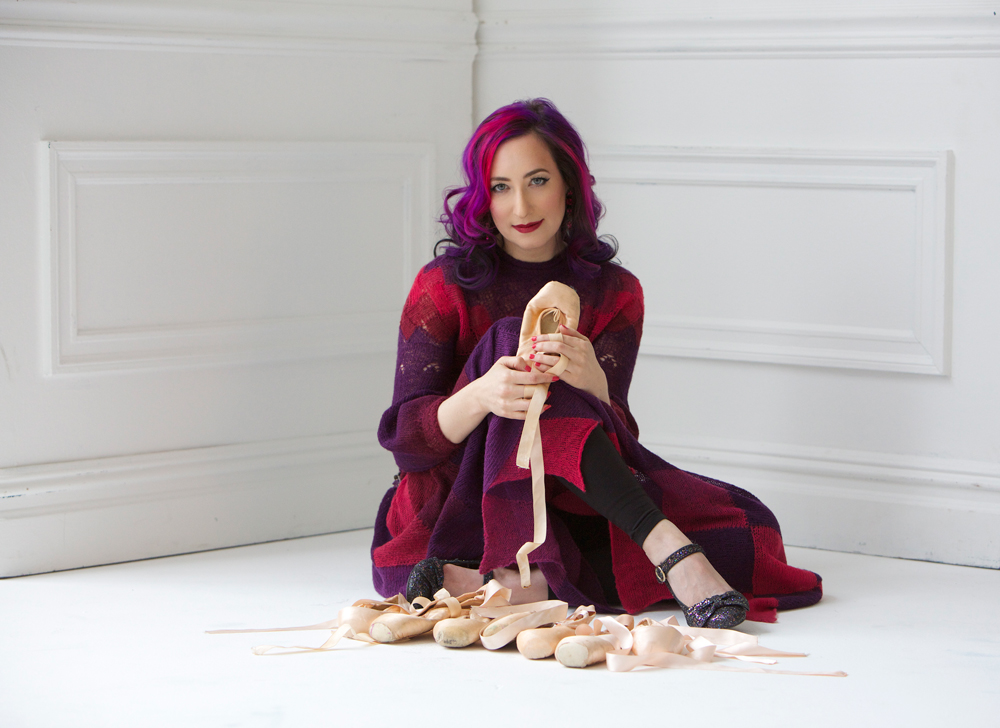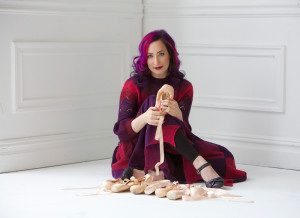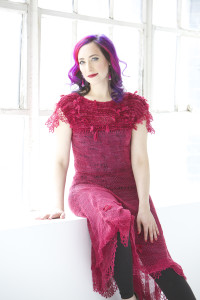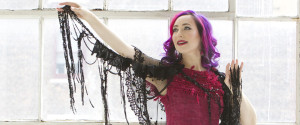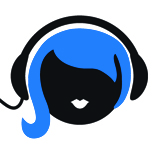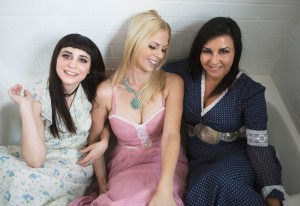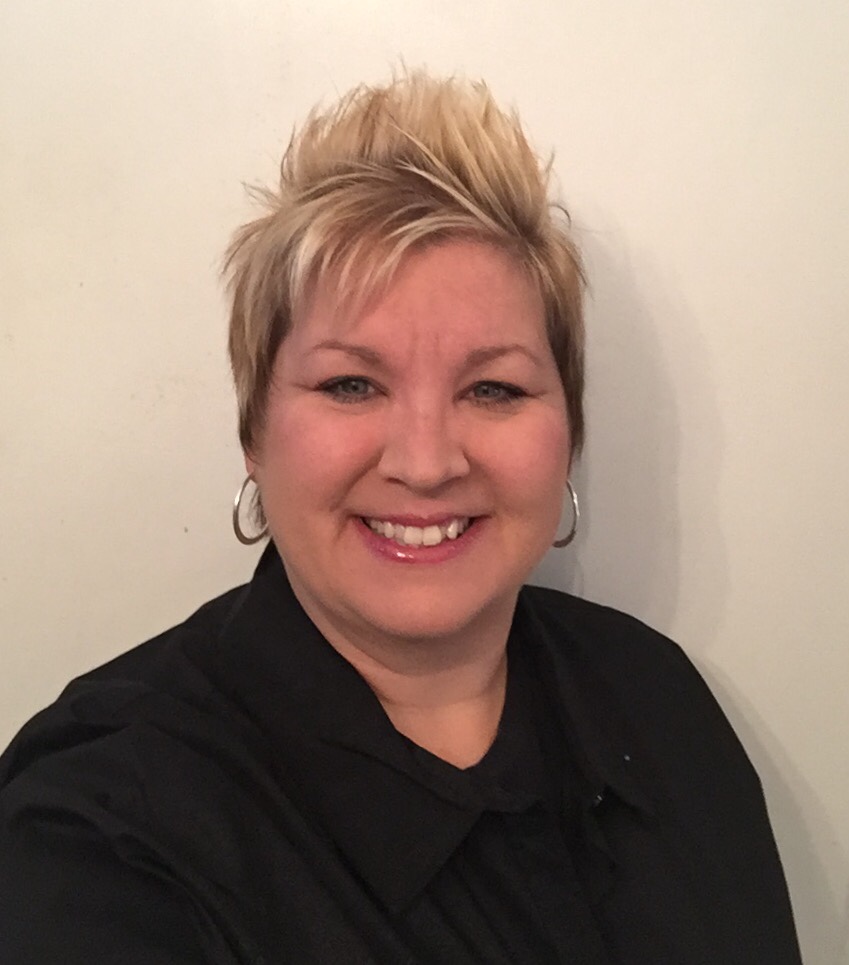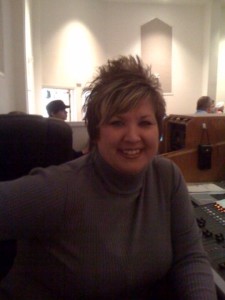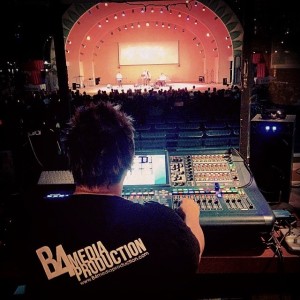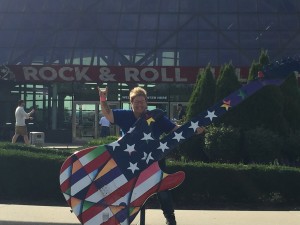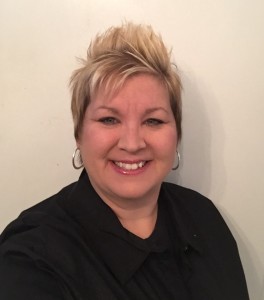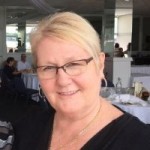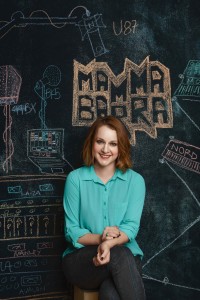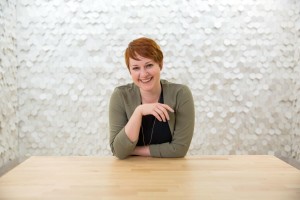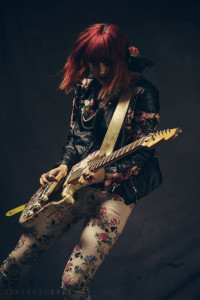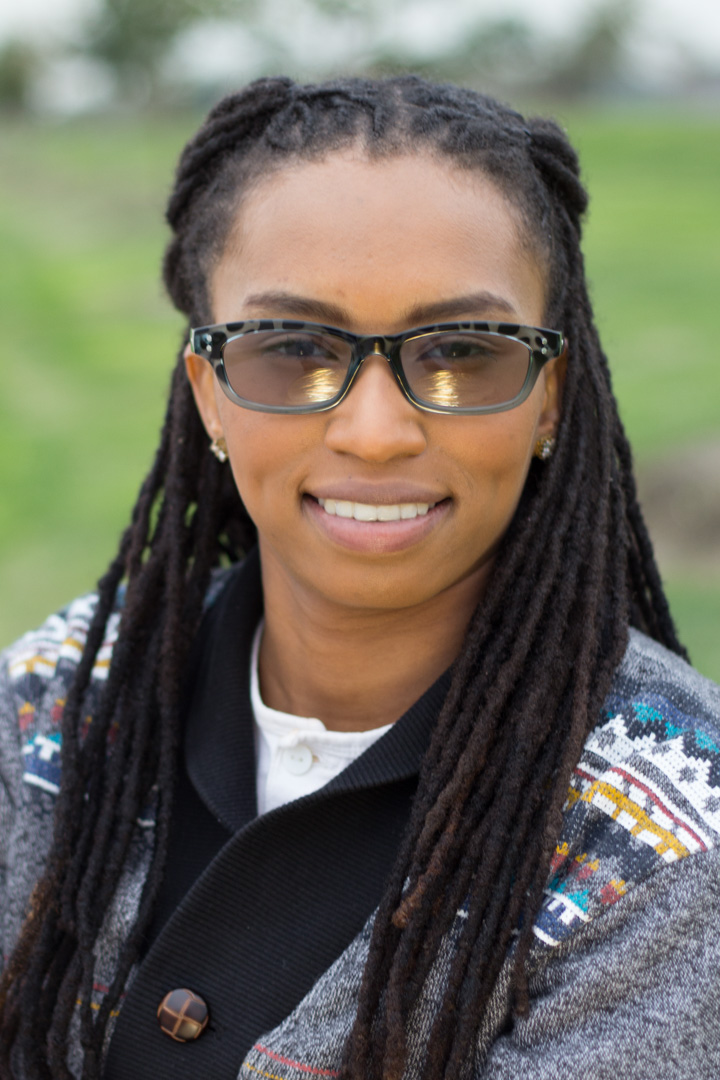
Looking to move from music into post-production? Here’s some things to consider.
Post-production (working in film, television, or web/new media) can be a good option for someone looking to expand work opportunities. However, it can take just as much time/investment as music and may not be the right move for everyone considering it. It’s interesting how the music community recognizes the differences between a studio engineer and a front-of-house engineer – credits in one don’t guarantee a job (or even an interview) in the other. The skills of a re-recording mixer are equally different from a studio-based music mixer yet there are misconceptions like:
“If you have music experience, you can cross into post.”
“It’s easier to break into post than music.”
“It’s easier to find jobs in post-production than music.”
The reality of working in post-production today:
- Post-production studios are as inundated with resumes as music studios.
- Post-production studios regularly get resumes from experienced music engineers and mixers (including Grammy winners) looking to cross over.
- There are a growing number of schools with post-production audio degrees. Graduates are coming into entry-level jobs with skills, experience, a passion for working in film and tv, and a drive to build their chops and find work.
- The film industry is facing many of the same struggles as the music industry. Work is shifting from studios to independents; rates are going down; more engineers/mixers are in the field now than ever; DIYers are taking paid work away from professionals.
- Full-time/salaried jobs are becoming rare. Once you move beyond being an assistant (whether it’s an editor, mixer or engineer) there are a lot more opportunities as a contractor/freelancer or running your own business.
- Entry-level jobs pay about as much as those in music. Studio interns are generally unpaid and most do not get hired. The first few years in the field can be a struggle regardless whether you’re freelance or have a studio job.
- An entry-level job can be highly demanding; a PA/runner or assistant may be expected to work 40-60 hours a week. If you’re still trying to pursue a side career (like music), it can be a challenge to balance during this period.
- Once you get past entry-level pay and build up a client base, you can earn and sustain a comfortable salary. The catch is that it takes a lot of work and effort to get there (3-5 years or more).
- In post, music experience is not seen as equivalent. A music award nomination or win may not increase your odds of getting an interview. The technical side of post isn’t hard to learn (things like timecode or specs) but it still takes experience and time to do well.
A less-experienced applicant who has some post-production experience may land a gig over a more experienced music professional. For example, when hiring for an ADR engineering job, a machine room operator or assistant may be promoted and trained versus hiring a Grammy-winning engineer little picture experience and no relationship with the studio. Someone in an entry-level job will gain experience through watching material for quality control or observing sessions. While sound quality is important, it’s equally crucial for an ADR or Foley engineer to quickly identify problems and make on-the-fly decisions about performance and sync. We’re talking about .03 second time differences working with picture – it’s a skill that takes time to hear and see that level of detail.
Some tips for getting into post-production:
- It’s relationship-based – and it’s a different circle than the music community. While you can find post opportunities through music professionals, the more people you know (or meet) working in post-production the easier it is to find work.
- Attitude is crucial. Some music people come into post thinking they can learn post in a couple days or already know how to it. These misconceptions can make you come across as cocky or even offensive (especially if you’re asking someone experienced in the field for training/help).
- Get some training or experience before seeking out jobs or clients. Find engineers or mixers you can shadow, ask questions, or who will take you on as an apprentice.
- Focus on getting post-production credits before seeking work. You’ll look more serious and prepared with even a few credits. For indie work, you may be able to use music credits to land post gigs especially if you’re willing to take a pay cut or work for credit/experience.
- Be honest with your clients about your level of post experience. It’s ok to lose gigs (or pass on them) because of inexperience. If a studio is hiring you as a contractor, you may not get a second chance after making a mistake (especially a rookie error). If they’re willing to train you (knowing your skill level) they are likely interested in building a relationship.
- Maintain a version of your resume specific to post-production. Post experience and credits are generally more meaningful than music credits to an employer (unless they are music for picture – ie, DVD release, concert airing on tv). Keep your iMDB.com page up to date with credits.
- Don’t expect to make a lateral move from music to post. Even if you have experience as a music engineer or mixer, you may have take a step back to gain some post credits and build trust and relationships. You may have better luck pursuing post work as a sound editor, entry-level mixer, or even assistant.
- The same applies to music editing. Even if you have great chops or credits on major albums, you will probably get further faster by working with an established music editor (as an assistant or apprentice) before pursuing gigs on your own. This is in part to build relationships and also because the most sustainable gigs as a music editor are union and the union requires proof of post-production experience (including letters from employers) before you can join.
- Studios want mixers who bring business. One way to get a foot in the door at a studio is to bring in your own clients. The flip side is some studios won’t hire you unless you bring them work.
- Don’t expect a full-time offer. Some studios won’t even consider hiring you as an employee unless you’re bringing enough business to pay your own salary. A mixer friend (who has a lot of clients) said he was turned down for a job once because the studio was looking for someone bringing “at least a quarter million of business.”
Most importantly, if you’re looking to work in post as a way of supplementing income, ask yourself if you’re really interested (and driven) to learn post and put in the effort. You’re in the running against people with skills, credits, and passion for the job. Hiring managers (and those hiring for indie projects) can tell the difference between applicants who are truly passionate about post and looking for a long-term relationship/career versus someone in it for money or who just needs a gig.
Post-production can be a great fit and career move for someone with music skills and experience. While the skills are similar, there can be an expression of creativity and collaboration that is different from any experience in music. The hours are generally more favorable than music studio life and there’s a lot of opportunities to try new things (like ADR, Foley, dialog editing, sound design, mixing). Technology is always improving and creating more opportunities to learn (such as the current trend: immersive sound). After getting into post, you can earn a really good salary if you’re willing to put in the time/work. There can be a lot of variety and opportunities whether it’s working in film, episodic television, documentary or reality, promo/advertising, new media content (web videos) and for some, it can lead to opportunities in video games and other visual media


